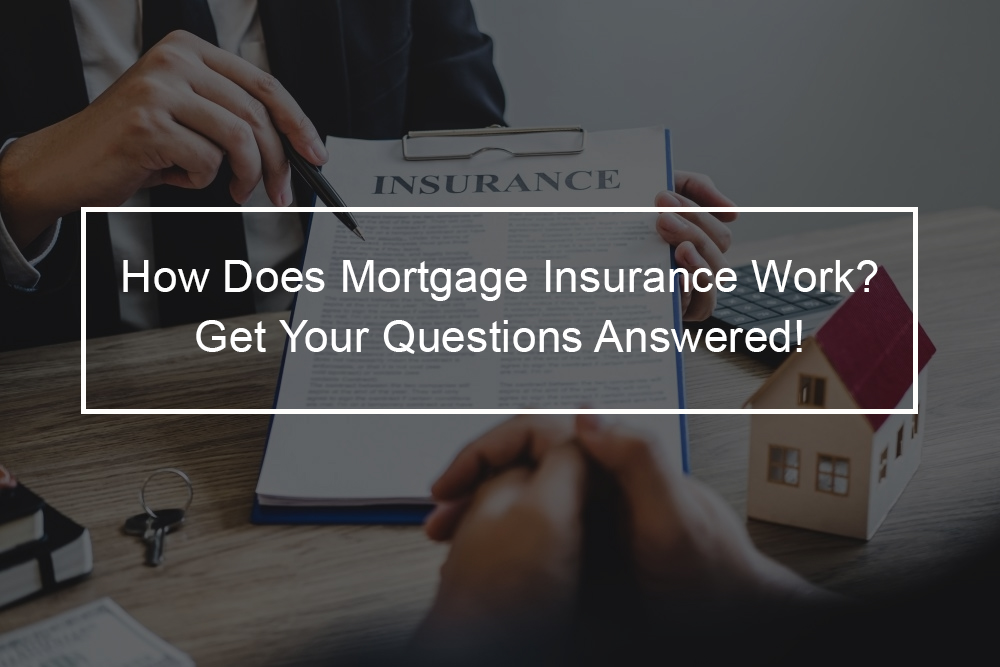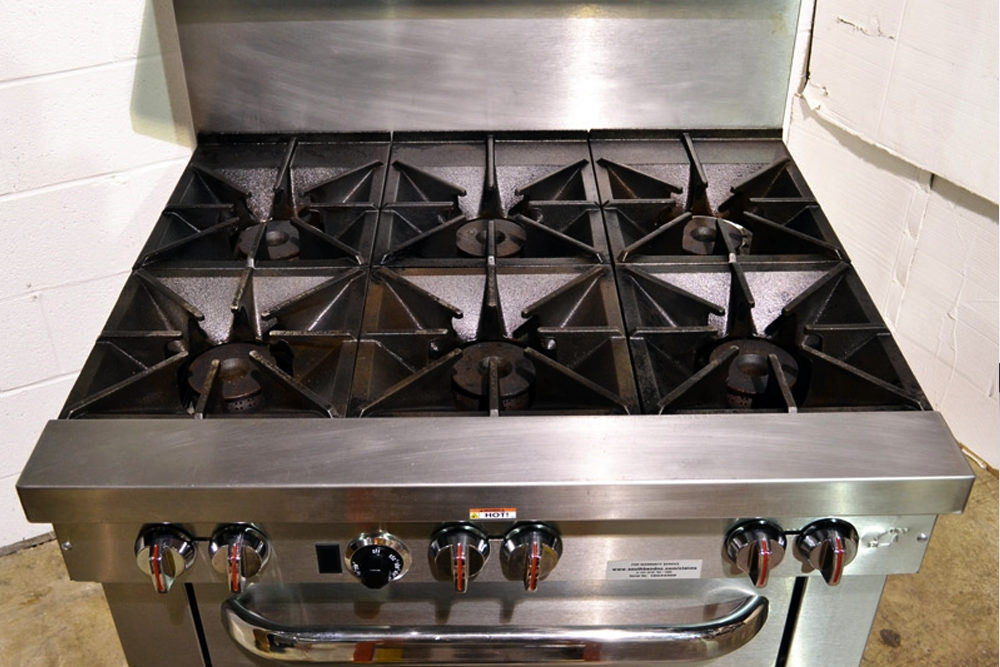
So what is mortgage insurance? How much does it cost, and will you need it? The cost can impact your home buying budget. In this post, we have done our best to anticipate all the questions that may come up as you think about mortgage insurance and the house you can afford.
What is mortgage insurance?
Mortgage insurance protects a titleholder or mortgage lender if the borrower passes away, defaults on payment, or is otherwise not able to meet the mortgage’s contractual obligations. Mortgage insurance can refer to qualified insurance premiums (MIP) insurance, private mortgage insurance (PMI), or mortgage title insurance. What these policies have in common is an obligation to make the property holder or lender whole in the event of particular cases of loss.
On the other hand, mortgage life insurance, which sounds similar, is designed to protect heirs if the borrower passes while owing mortgage payments. It might pay off either the lender of the heirs, based on the terms of the policy.
How Mortgage Insurance Works?
Note that lenders mortgage insurance is a policy that protects the lender, not the borrower (that is you). Should you default your loan, the bank will place your property on the market. If the sale price does not match the original buying price, this results in a shortfall, meaning a financial loss for the bank. Lenders Mortage Insurance (LMI) covers this amount; however, this does not necessarily end your engagement, since the insurance company might attempt to recoup its losses either from you or your guarantor.
Generally, mortgage insurance might come with a typical pay as you go premium payment, or it might be capitalized into a huge-sum payment at the time of mortgage origination. For homeowners who are needed to have PMI as a result of the eighty-percent loan to value ratio rule, they can request that the insurance policy be canceled after twenty-percent of the principal balance has been paid off. Below are types of mortgage insurance and how they work.
PMI( Private Mortage Insurance)
Private mortgage insurance (PMI) is a kind of mortgage insurance a borrower may be required to purchase as a condition of conventional mortgage loans. Just like other types of mortgage insurance, PMI protects the lender, not the borrower. The lender arranges PMI and is provided by private insurance firms. PMI is often required if a borrower gets a conventional loan with a down payment of less than twenty percent. A lender might also need a PMI if he or she is refinancing with a conventional loan, and equity is less than twenty percent of home value.
MIP (Qualified Mortage Insurance Premium)
When you get a United States Federal Housing Administration (FHA) -backed mortgage, you will need to pay a qualified mortgage insurance premium, which offers a similar kind of insurance. MIPs have various rules, including that everybody who has an FHA mortgage must buy this kind of insurance, in spite of the size of their down payment.
Mortgage Title Insurance
Mortgage title insurance covers against loss in case a sale is later invalidated as a result of a problem with the title. Mortgage title insurance covers a beneficiary against losses if it is determined at the time of the sale that somebody else other than the seller owns the property.
A representative, like a lawyer or a title company employee, performs a title search before mortgage closing. The procedure is designed to uncover any liens put on the property that can prevent the owner from selling. A title search also validates that the real estate being sold belongs to the seller. Regardless of a thorough search, it is not hard to miss essential evidence when information is not centralized.
Mortgage Protection Life Insurance
Usually, borrowers are offered mortgage protection life insurance when they fill out paperwork to begin a mortgage. A borrower can decline this insurance when offered; however, you might be required to sign a series of waivers and forms, validating your decision. This additional paperwork intends to prove you understand the risk that comes with having a mortgage.
Typically, payouts for mortgage life insurance can be either declining-term (the payout drops as the mortgage balance reduces) or level, even though the latter is more costly. The receiver of the payments can be either the heirs of the borrower or, based on the policy’s terms.
Mortgage protection insurance commonly covers you from the following unforeseen events (though it is essential to read the small print of specific products).
- Involuntary unemployment
- Death
- Terminal illness or any other health crisis
Your insurance premium (monthly payment) depends on various factors, including the amount you have borrowed for your mortgage, whether it is a joint or single policy, monthly mortgage payments, and your age. Whether it is preferable to go for specific mortgage insurance or a bundle with a life insurance alternative depends on your personal circumstances.
VA loans
Loans made through the Veterans Administration can be held with no down payment and provide attractive rates for veterans, disabled or active service members. Some qualifying widows and reservists are eligible as well. VA loans do not need mortgage insurance per se; however, they require a rather hefty funding fee. This charge ranges from 1.25 percent to 3.3 percent of the mortgage loan amount. Generally, this fee must be paid upfront but can be rolled into the loan and be made as part of the monthly payment. Certain borrowers are exempt from this fee, depending on their circumstances. The VA claims that this fee assists defray some of the costs linked with this program.
Will you need mortgage insurance?
It depends. The majority of conventional loans require PMI if your down payment is less than twenty percent. FHA loans, being low-down-payment by design, always need MIP. In other words, mortgage insurance is a fact of life for most first-time homebuyers. About eighty percent of us put down less than twenty percent, following the National Association of Realtors 2017 statistics. And more than sixty percent put down less than six percent.
How much does mortgage insurance cost?
Generally, a couple of thousand dollars a year spread across monthly payments. It is conveniently folded into your mortgage payment. It can be higher or lesser based on the size of your down payment, size of your loan, and credit score. Specific loan programs offer reduced premiums; however, in general, PMI will cost 0.3 to 1.15 percent of the initial loan amount yearly, with one percent being typical.
MIP is usually more sophisticated, less flexible, and more expensive. It usually has two parts. First, unlike with PMI, there is an upfront premium. This can be paid as a part of your closing costs or be added to the loan (which indicates you will pay interest on the sum). Second is an annual premium that, similar to PMI, is spread over twelve monthly payments. The cost will vary based on the loan term, the initial loan to value, and the loan amount. Sadly, the only way to ditch MIP is to refinance into a conventional loan somewhere down the line. (That is presuming you had a low down payment. If you put down ten percent or more, MIP drops away after eleven years.) Yet that is not big a deal, because refinancing at some point is often just part of smart homeownership.
You can see the reason a conventional loan with PMI is often your best choice if you qualify. However, if you need the low down payment that a government-backed loan permits, well, MIP is what it is. Possibly the one advantage MIP has over PMI is that it costs the same despite what your credit score, and just a little more if your down payment is less than 5%. Keep this in mind if your score and your down payment are on the low side.
What are the advantages of mortgage insurance?
Typically, for the borrower, there are no real benefits associated with mortgage insurance. It is an additional cost of obtaining a mortgage and requires to be factored into the total cost of buying a home and obtaining a mortgage. Maybe the one benefit is that the use of mortgage insurance by some lenders makes mortgages more widely accessible to borrowers who may not otherwise qualify.
In the situation of mortgage life insurance, these policies can assist in making sure that the borrower’s heirs will keep the home in the event of the borrower’s death. Whether this comprises allowing the family to avoid losing their home or allowing heirs time to get the deceased borrower’s affairs in order and the time deciding what to do with the house, this mortgage insurance offers peace of mind and options.
What are the disadvantages of mortgage insurance?
The disadvantage of mortgage insurance is that it is an added cost for the borrower. This makes the cost of the mortgage more expensive.
Using the VA example, a funding charge of two-percent of a $200,000 loan translates to $4,000 to the borrower. Whether this is paid as a rolled sum or lump-sum upfront into the loan, borrowing and purchasing a home is still an additional cost.











